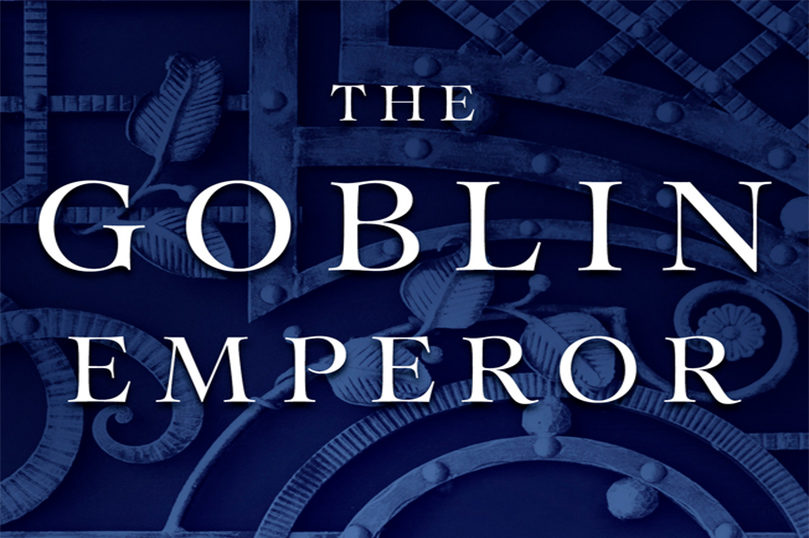
Excerpt: The Goblin Emperor by Katherine Addison
Read the first chapter of The Goblin Emperor by Katherine Addison!

Read the first chapter of The Goblin Emperor by Katherine Addison!
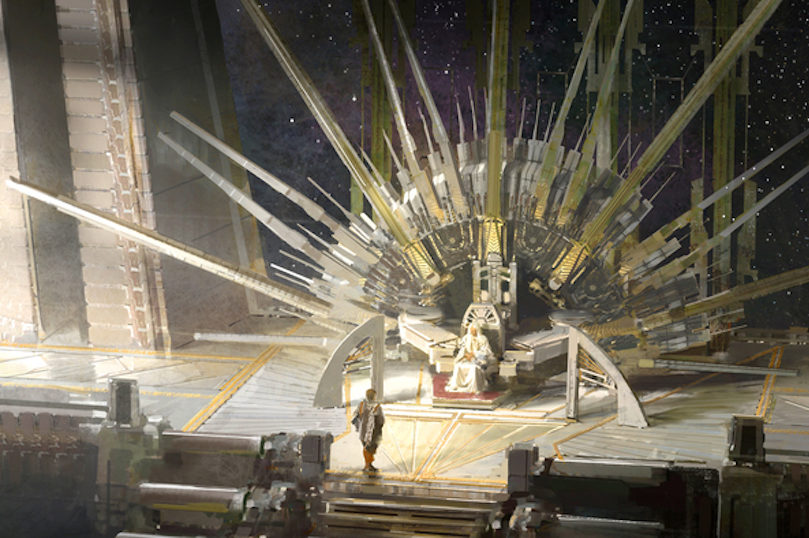
Read an excerpt of Arkady Martine’s debut novel, A Memory Called Empire.
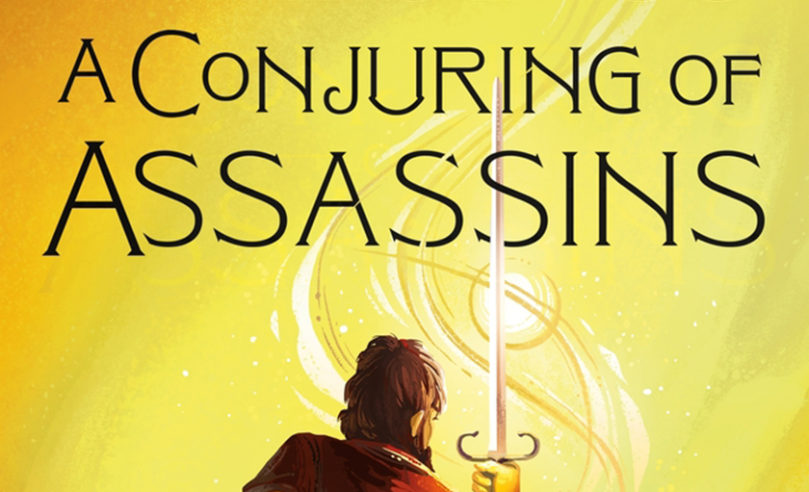
Enjoy an excerpt of Cate Glass’ A Conjuring of Assassins
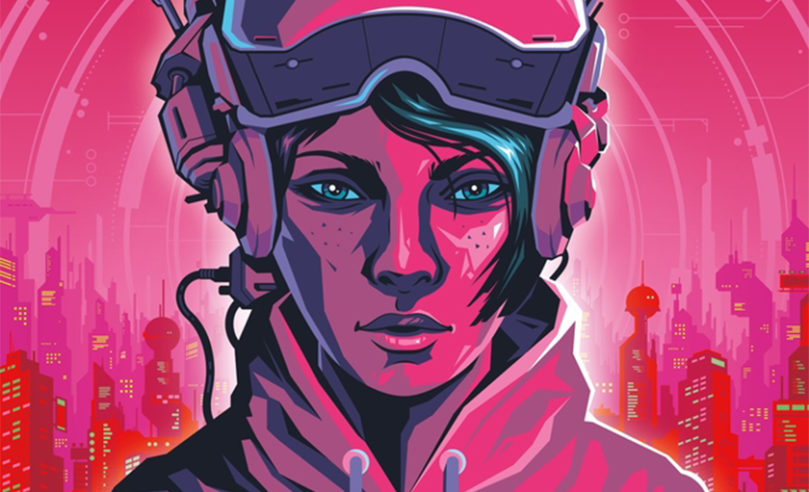
Get your first look at former NFL player and tech enthusiast Chris Kluwe’s OTAKU
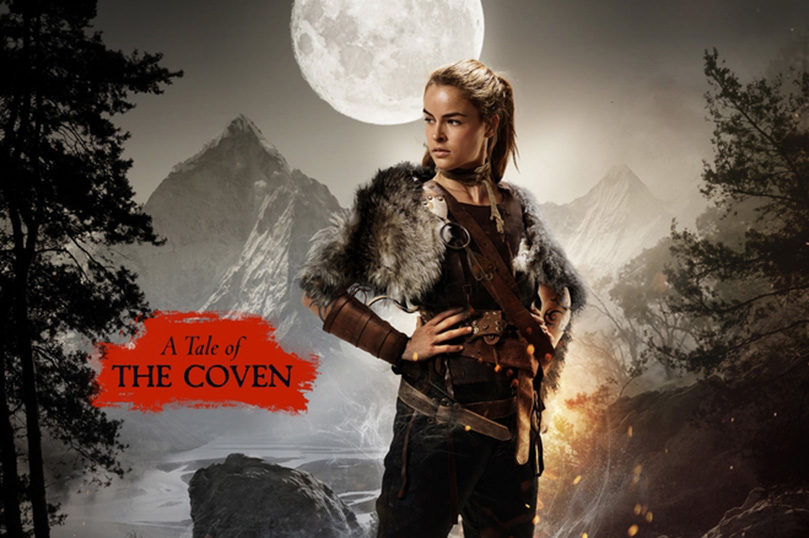
Enjoy this excerpt of Song of the Risen God by R. A. Salvatore!
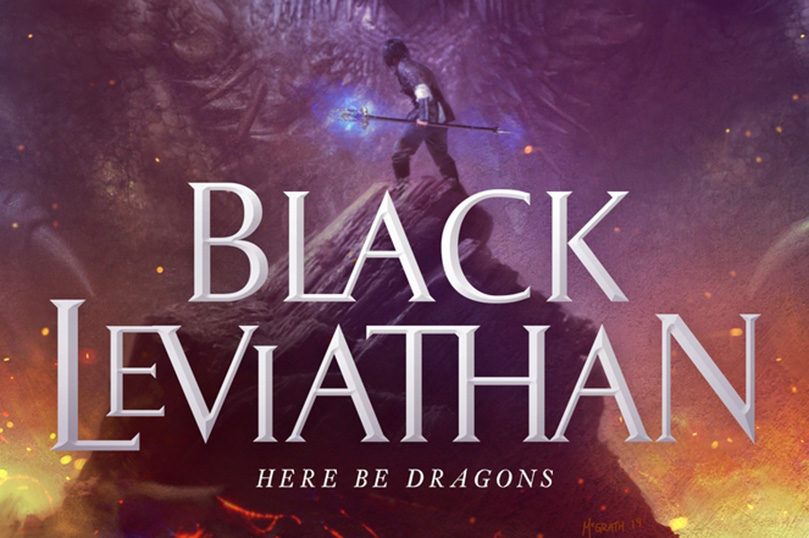
Read an excerpt of Black Leviathan by Bernd Perplies.
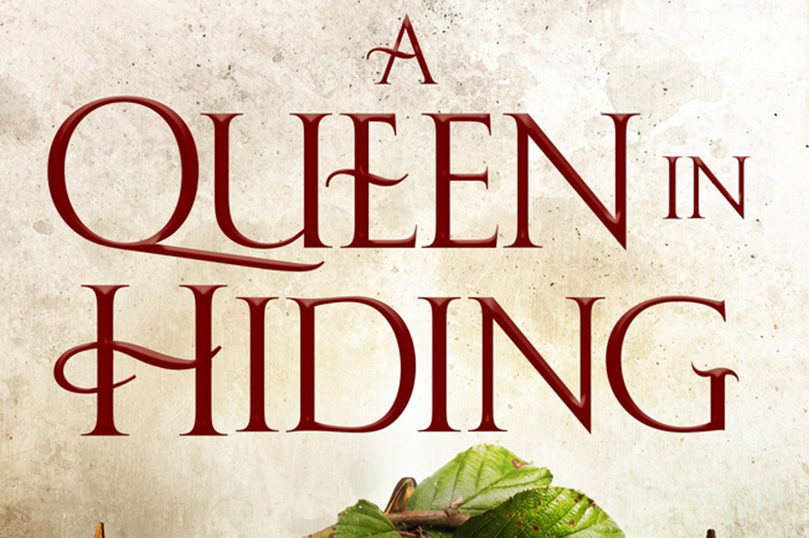
Read an excerpt of A Queen in Hiding by Sarah Kozloff.
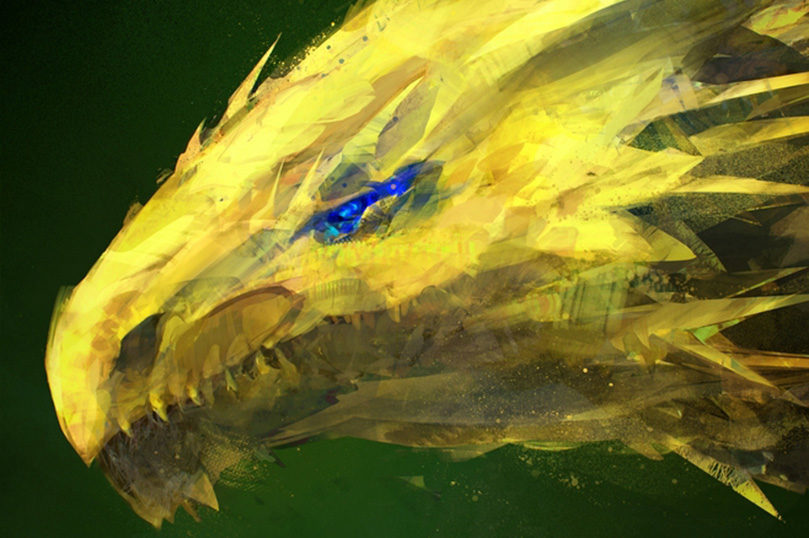
Read an excerpt of Servant of the Crown by Duncan M. Hamilton!
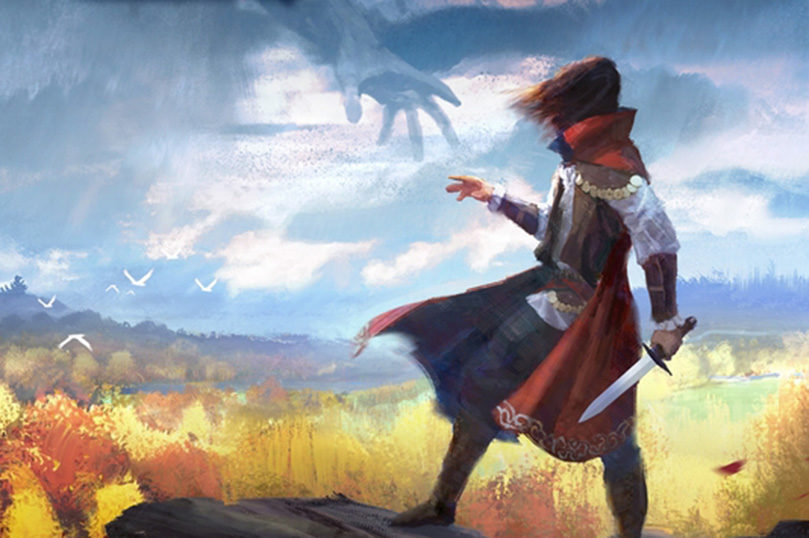
Read an excerpt of bestselling author Brian Anderson’s new book The Bard’s Blade!
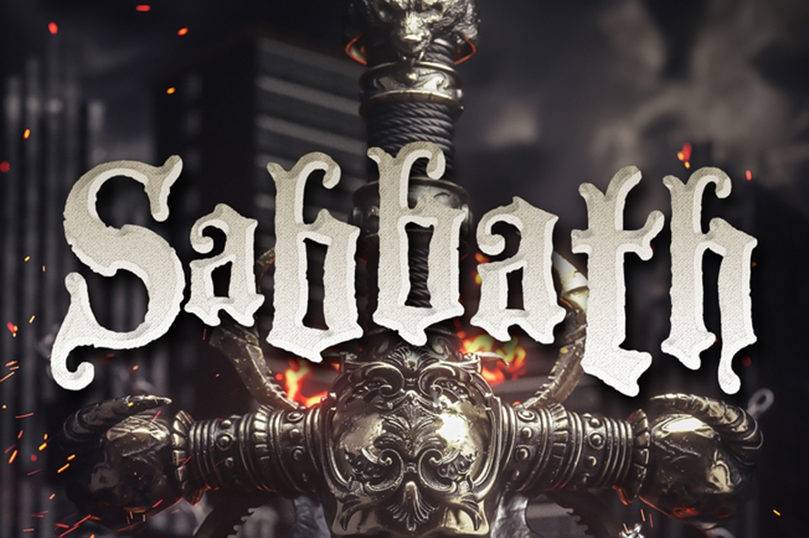
Read an excerpt ofSabbath by Nick Mamatas!